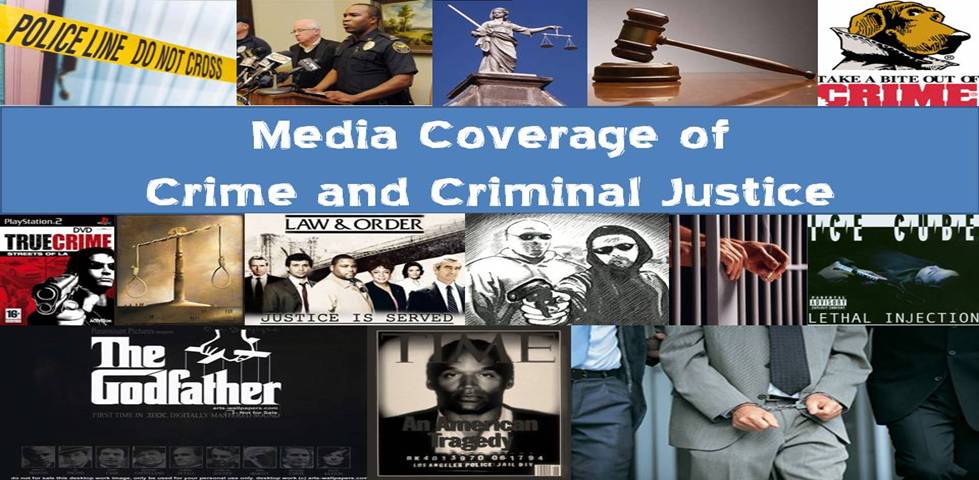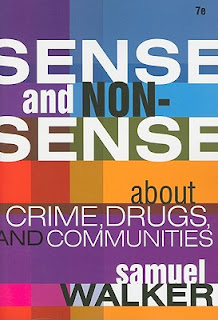As explained in the book, advertising is a form of media. It is present in all other forms of media, including the news media and the entertainment media.
Even political ads are included.
Which brings me to this popular commercial for presidential candidate Herman Cain (above).
The ad is pretty non-controversial and frankly, not memorable and thus insignificant.
Until the very end.
When Cain's campaign director takes a drag from a cigarette and then blows smoke right at the camera.
The man smokes right after saying, "We can do this. We can take this country back."
Then the song begins: "I am America..."
The camera then turns to Cain, who after about 10 seconds, just smiles. Like I said, weird.
While there are many interpretations of the meaning of the ad, we can all agree that this is just weird.
Here is my take on the meaning as a long-term anti-smoking advocate.
First, is someone who smokes in this day and age a smart person? Like stupid.
I mean, given all we know about the dangers of smoking, do we really want someone who smokes to help lead our country? Further, if he is not smart, doesn't that mean he is probably not fully capable of picking the best person to lead our country?
Smoking today is like an admission that you don't care about the dangers of smoking--that you will likely die from the product, an average of 14 years earlier than normal--in a slow, painful, and incredibly expensive way.
Or that you are just uniformed about the dangers of smoking.
And that's what we need right now, isn't it? An uniformed leader!?!?!?!
Second, what's with the "taking our country back?" Do you mean for smokers? Because you cannot smoke indoors in public anymore? Because "your right to smoke" has been so severely infringed?
Sorry, dude, but we're not going back to the 20th Century when you could smoke anywhere you wanted in spite of the dangers it poses to people like me who don't smoke.
Third, why blow smoke in my face? Your right to smoke stops at my nose. The CDC says 50,000 Americans die every year from second hand smoke. That's three years worth of murder, more than ten times the number of people who die from all illicit drugs combined, and the equivalent of almost twenty 9/11 terrorist attacks every year (like I said, stupid).
Sorry, dude, but you are NOT America. Only about 20% of people now smoke (I wonder if it is the same 20% who identify with the "Tea Party movement?"). 80% of us don't smoke and many of us would not want to support your candidate just because you flaunt your smoking on national TV.
Personally, I don't think Herman Cain is a viable candidate for President, even if he currently leads in the polls.
But that is irrelevant. My opinion plus two dollars gets you a cup of coffee.
I am concerned that a leading candidate for president has his campaign led by a smoker (just like I am concerned that the current President smoked for decades).
Smoking is one of the worst "crimes" that is not a crime in America. Anyone who participates is helping to contribute to hundreds of thousands of deaths in the US every year.
Nation & World


















![[field_image_caption-raw]](http://www.commondreams.org/sites/commondreams.org/files/imagecache/news_thumbnail/article_images/mountain_division_soldiers_in_afghanistan_0.jpg)
![[field_image_caption-raw]](http://www.commondreams.org/sites/commondreams.org/files/imagecache/news_thumbnail/article_images/burnett--ows_0.jpg)

